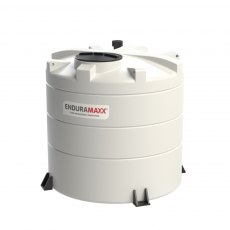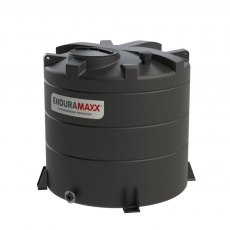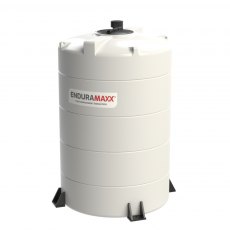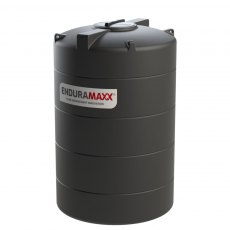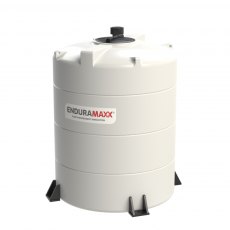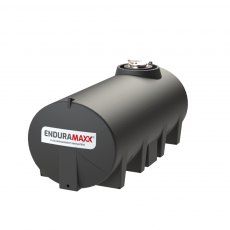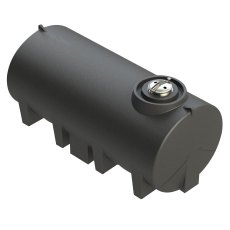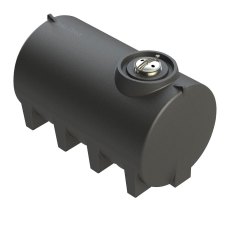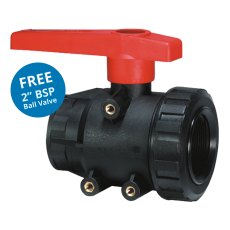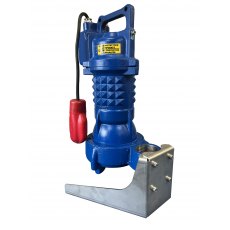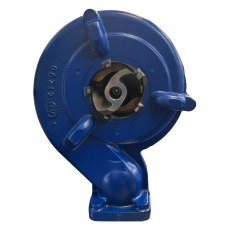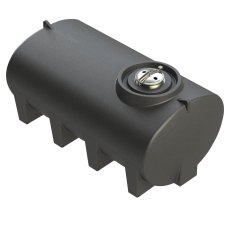Liquid fertiliser tanks
Liquid fertiliser and molasses storage tanks and containers, suitable for use with liquid fertiliser or molasses, sizes available 1250l, 2500l, 4000l, 5000l, 6000l 7000l, 8000l, 10000l, 12000l, 14000l, 15000l, 16800l, 20000l, 20800l, 22000l, 25000l, 26000l and 30000 litres. Tanks are made from high quality, durable MDPE. Additional inlet/outlets can be fitted if required on some tanks. Tanks are usually available from stock
Liquid fertiliser tanks FAQs
I need a footbath for my cattle, do you supply these?
We do supply footbaths for your cattle, we even have them for the sheep and us too!
How often should water troughs be emptied?
It's crucial to establish a routine that aligns with the specific needs of your farm. Regularity is key, with a general guideline suggesting that checking and cattle drinker troughs at least once a week is a good starting point. This routine maintenance ensures that your animals have access to clean and fresh water consistently.
Consider factors such as the size of the trough, the number of animals using it, and prevailing weather conditions. High-traffic troughs or those in areas with concentrated animal activity may necessitate more frequent attention. Additionally, monitor water quality, checking for signs of algae, sediment, or debris. If present, prompt cleaning becomes imperative to maintain the health and well-being of your livestock. The frequency of emptying water troughs can also be influenced by external elements like weather. In hot conditions, troughs may require more frequent checks to prevent algae growth and guarantee an ample supply of fresh water. During freezing temperatures, monitoring and preventing ice build-up becomes essential to ensure continuous access to water.
Tailor your approach based on the unique characteristics of your farm, the size of the troughs relative to the number of animals, and any ongoing health concerns within the herd. By adopting a proactive stance and incorporating regular checks into your routine, you not only safeguard the health of your livestock but also contribute to the overall efficiency of your farm operations. Stay attentive to the condition of the water and troughs, adjusting your maintenance schedule as needed.
Is a metal or plastic water trough better?
Our MDPE (Medium Density Polyethylene) troughs, manufactured right here in the UK, offer superior resistance to cracking, rust, and UV damage compared to their metal counterparts, which means you won't be replacing them every few years due to corrosion or weather damage. Metal troughs, whilst initially appearing sturdy, are prone to rust, especially around joins and bolts, and can become dangerously sharp over time, posing risks to your livestock. The smooth, non-porous surface of our MDPE troughs prevents algae build-up and makes cleaning significantly easier – a quick rinse is often all that's needed to maintain hygiene standards. Additionally, plastic troughs are considerably lighter, making installation and repositioning straightforward without requiring heavy machinery or multiple people. The insulation properties of MDPE also mean the water stays cooler in summer and is less likely to freeze solid in winter compared to metal alternatives. Our manufacturing process ensures consistent wall thickness and strength throughout, and because they are produced locally, you can be confident in both quality control and quick delivery times. For a complete livestock setup, you might also consider our feeders and storage options which complement our trough range perfectly, or if you're running a dairy operation, our milk tanks use the same reliable MDPE construction.
What are the disadvantages of a water trough?
The potential disadvantages of water troughs typically centre around maintenance requirements, installation challenges, and durability concerns, but our MDPE troughs have been designed to address these very issues that plague traditional alternatives. Poor-quality troughs can crack in freezing conditions, develop algae growth, or become breeding grounds for bacteria, but our UK-manufactured MDPE construction withstands temperature extremes and features a smooth, non-porous surface that prevents contamination and makes cleaning straightforward. Some farmers worry about troughs being too heavy to move or reposition, yet our lightweight MDPE design means you can easily relocate them as your livestock needs change without requiring special equipment or additional manpower. Initial cost concerns are understandable, but investing in quality pays off when you consider that cheaper alternatives often need replacing within a few years due to rust, UV damage, or structural failure, whereas our troughs are built to last decades with minimal maintenance. Another common issue is poor water flow or inadequate capacity during peak demand periods, which is why we offer multiple sizes and can advise on the optimal setup for your specific herd size and field configuration. Installation complexity can be a barrier with some trough systems, but our straightforward design and clear instructions make setup quick and hassle-free, and our UK-based manufacturing means replacement parts and support are readily available.
What size water trough do you need for two horses?
For two horses, you'll need a water trough with a capacity of at least 100–150 litres to ensure both animals have constant access to fresh water throughout the day. Horses typically drink between 20–50 litres daily depending on their size, activity level, and weather conditions, so a larger trough prevents frequent refilling and reduces the risk of water shortages during peak consumption periods. Our water troughs are built to withstand the demands of multiple horses, featuring durable construction that won't crack or deteriorate under constant use and weather exposure. The generous capacity means less maintenance for you, whilst providing peace of mind that your horses always have adequate hydration. Many of our customers with two horses opt for troughs in the 200-300 litre range, which provides excellent value by reducing daily maintenance whilst ensuring water remains fresh and clean for longer periods.
How to keep your water trough from freezing?
Preventing your water trough from freezing starts with choosing the right equipment and implementing proven winter strategies. We stock high-quality drinking troughs designed with winter durability in mind. The key to preventing your trough from freezing is preparation—addressing freeze prevention before subfreezing temperatures arrive ensures your livestock maintain access to fresh water throughout winter. Our agricultural tanks and footbaths use similar principles, and proper insulation around any water system significantly improves cold-weather performance, making your investment work harder for longer whilst reducing daily maintenance during harsh weather conditions.

 Login
Login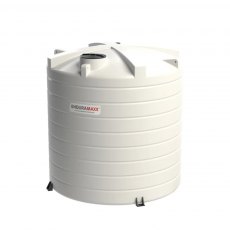

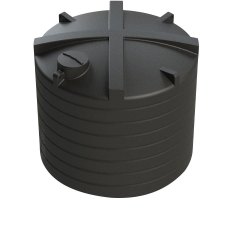

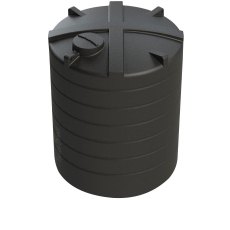
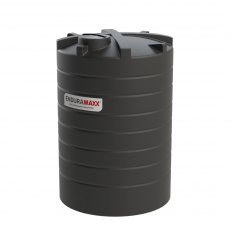
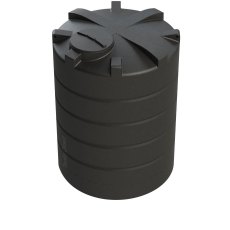
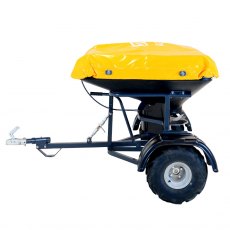
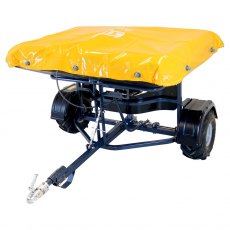
.png)
